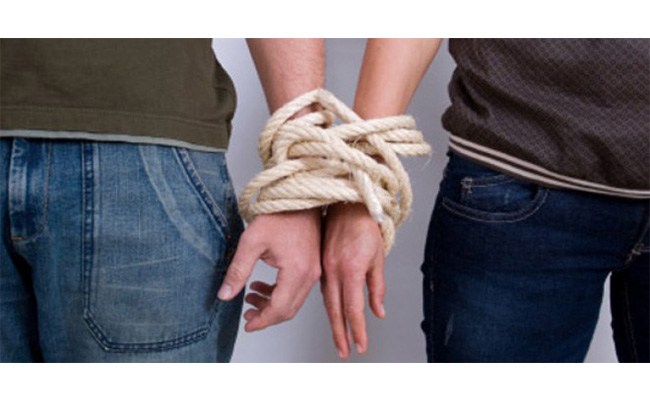Dara Thailand – Addiction is not typically a lifestyle choice. While using the first time may be a choice, addiction tends to take on a life all its own and ruin or take away what happiness the person may have been able to find. Addiction takes homes, children, family, friends, and sometimes lives. Addiction is all encompassing. It takes over every moment and every aspect of life even when people do not wish to admit to this truth. Addiction can turn a person into something that they never intended on being. This does not mean the real heart of the person does not exist, just that it is hidden from sight by the addiction. This can be seen in stories about all types of people. Loving mothers and fathers may abandon children. People may lose their jobs and homes because chasing the next good feeling becomes the most important goal. Friendships and families can be ripped apart by something that changes the chemistry of the brain.
While all of this sounds disheartening, and is for so many, no one is a lost cause. This is the number one belief in DARA recovery centers.
DARA Thailand does something that many rehabilitation centers do not do, they tailor make programs for each addict. This means that you are going to receive a unique program that is customized to meet the needs you have at the moment. Perhaps you are through detox, maybe you used today, but are ready to stop. Either way, DARA can help.
DARA Thailand was the first addiction facility in South East Asia and is still a premier international destination for addiction treatment. The facility offers internationally certified therapist in a resort style setting. In fact, the center was formerly a five star resort that has been converted. This means recovery in the heart of luxury. Do not be fooled though, the posh setting is still very recovery focused with individualized treatment. In fact, compassionate, effective, and comprehensive treatment is the main goal at the DARA rehab facility. Even with all the amenities and specialized treatment, DARA Thailand is highly affordable. This means it is the perfect option for those who wish to enter recovery, but price is something that is a concern.
So now a choice is to be made by you or the loved one you are researching for that is battling addiction. Do you prefer specialized treatment in a luxury setting or a more institutionalized approach? Would you rather have a team of specialist who focus on your personal needs or ones who use a one size fits all approach? The choice is completely up to the one entering treatment, but these are questions that deserve a realistic answer. If your choice is to seek help at a DARA Thailand facility than a simple phone call is all that is necessary. This phone call has the ability to forever change your life if you take advantage. Take a little time and make the choice that is best for you and your situation. The important thing is to stop letting addiction run your life.
CLICK HERE to get a Free Confidential Addiction Rehabilitation Assessment.














